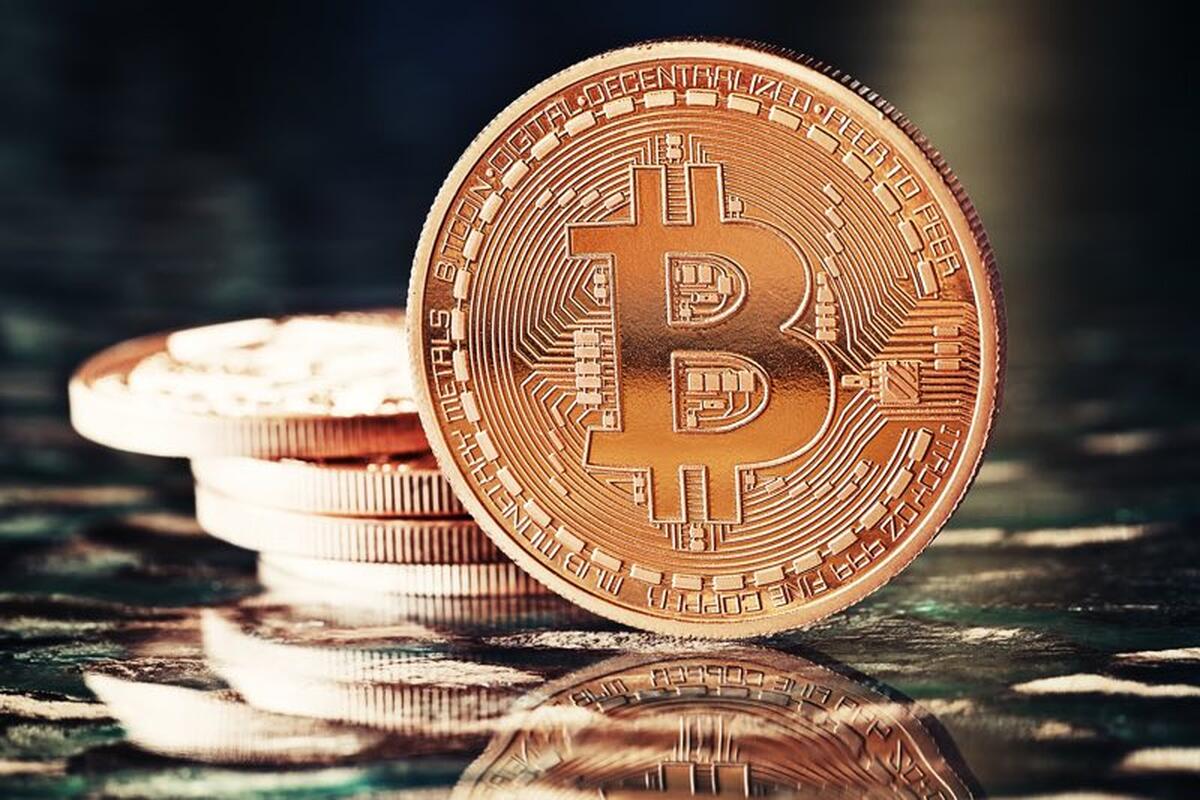Arthur Hayes Warns Against U.S. Bitcoin Reserve, Citing Political Risks
06.02.2025 21:00 2 min. read Kosta Gushterov
A prominent crypto industry figure has raised concerns about the idea of a U.S. Bitcoin reserve, arguing that it could be more detrimental than beneficial.
Arthur Hayes, Chief Investment Officer of Maelstrom Fund, believes that the creation of a national Bitcoin stockpile would likely become a political tool, subject to manipulation depending on which party is in power.
Hayes pointed out that Bitcoin, under such a scheme, would simply become another financial asset, vulnerable to being sold off whenever it suits political agendas. While he admits that an initial purchase of Bitcoin by the government might drive prices higher, he stresses that its long-term use would likely be driven by political motivations rather than economic or financial goals.
While Hayes is critical, others in the industry, including investment firms like VanEck, have presented more optimistic views. They argue that a Bitcoin reserve could potentially help reduce the U.S. national debt in the long term, with some even suggesting it could serve as a stabilizing force for the U.S. dollar. Figures such as Michael Saylor believe it would place the U.S. in a dominant position within the global digital economy.
Despite these competing perspectives, Hayes remains cautious, suggesting that such a reserve would still be at the mercy of future political shifts. This concern over the political influence of Bitcoin reserves is compounded by Hayes’ past opposition to Bitcoin ETFs, where he warned they could create a more centralized Bitcoin market, weakening the overall network.
The discussions surrounding a U.S. Bitcoin reserve continue to evolve, with high-profile figures such as Senator Cynthia Lummis advocating for the idea, and market speculators assigning odds to its potential launch. However, Hayes remains firmly against any government involvement that might destabilize the decentralized nature of Bitcoin.
-
1
Bitcoin Price Prediction for the End of 2025 From Standard Chartered
02.07.2025 18:24 1 min. read -
2
Robert Kiyosaki Says Crypto Is Key to Building Wealth in a Failing System
27.06.2025 10:00 1 min. read -
3
Top Public Companies by Bitcoin Holdings
02.07.2025 10:00 2 min. read -
4
Franklin Templeton Warns of Serious Risks in Institutional Bitcoin Treasury Strategies
03.07.2025 18:12 2 min. read -
5
American State Bans Crypto Investments and Payments in Sweeping New Law
01.07.2025 14:33 2 min. read
Has BTC Topped? Key Signals Suggest The Rally isn’t Over
Despite Bitcoin soaring past $120,000 and testing new all-time highs, several high-frequency market indicators suggest that the current bull run may still be gathering momentum.
Top Crypto Trends Dominating Discussions This Week
As Bitcoin smashes through all-time highs, crypto-related conversation is surging across social media.
Vanguard Now Owns 8% of Michael Saylor’s Strategy, Despite Calling BTC ‘Worthless’
In a striking contradiction to its long-held skepticism toward cryptocurrencies, Vanguard Group now owns more than 20 million shares of Strategy Inc.—the software company famously tied to Bitcoin through its massive holdings.
Deutsche Bank Explains why Bitcoin’s Dip May Not be What it Seems
Bitcoin’s fall from its recent $123,000 all-time high to $117,000 sparked waves of speculation—but according to Deutsche Bank, this isn’t a typical cooldown.
-
1
Bitcoin Price Prediction for the End of 2025 From Standard Chartered
02.07.2025 18:24 1 min. read -
2
Robert Kiyosaki Says Crypto Is Key to Building Wealth in a Failing System
27.06.2025 10:00 1 min. read -
3
Top Public Companies by Bitcoin Holdings
02.07.2025 10:00 2 min. read -
4
Franklin Templeton Warns of Serious Risks in Institutional Bitcoin Treasury Strategies
03.07.2025 18:12 2 min. read -
5
American State Bans Crypto Investments and Payments in Sweeping New Law
01.07.2025 14:33 2 min. read


